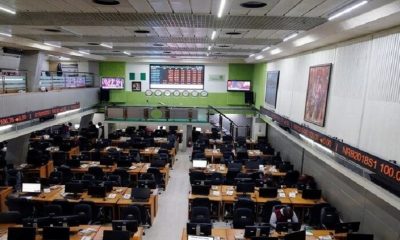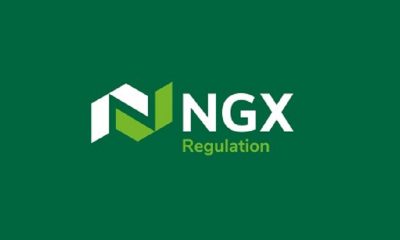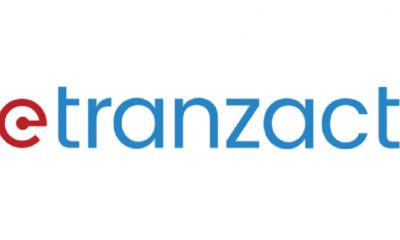Economy
Nestle Nigeria Plc: First Glance Q2-17; PAT in Line With Expectation
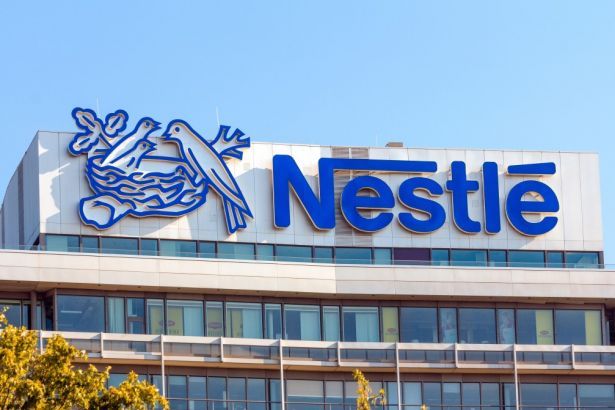
By Cordros Research
Last month, Nestle announced Q2-17 PAT of N8.19 billion, compared to a loss of N6.15 billion in Q2-16, (2) below the 8.36 billion reported in Q1-17, and (3) below our N8.51 billion estimate. Compared to Q2-16, the latest result shows the group performed impressively across all reporting lines.
But compared to Q1-17, we note that revenue contraction (a deviation from historical trend) and principally, significant surge in financing cost (283.2%), masked a notable positive –recovery of gross margin.
Revenue grew 37.1% y/y (below our estimate of 57%), benefitting from relatively higher prices. But given that prices have been relatively stable since the increases implemented earlier this year, we note that the q/q contraction in revenue may be the result of lower sales volume.
Revenue from the Food division grew by 40% y/y (-6% q/q) while Beverage division recorded 33% y/y (9% q/q) topline growth.
A noteworthy positive in the result is the 717 bps y/y and 250 bps q/q recovery in gross margin to 40.9%, ahead of our 40% estimate. We note possible savings from the significantly reduced FX volatility in this regard.
Although opex increased 26.3% y/y, opex margin fell by 161 bps to 18.7% (below our estimate of 20%), above Q1-17’s 16.8% but still below end-2016FY’s 20.4%. NESTLE’s management said it continues to adopt internal efficiency initiatives that are supportive of profit growth.
Finance cost was lower by 58.5% y/y, driven majorly by comparatively lower FX loss (N4.14 billion vs. N13.12 billion). The reported FX loss was however higher than the N1.03 billion recognized in Q1-17, suggesting to us that the group may have valued the interest on its USD borrowings using the NAFEX rate of N366 (against interbank rate of N305 in Q1).
Meanwhile, interest expense on financial liabilities increased by 73% y/y and 245% q/q (despite N5.7 billion decrease in gross borrowing).
Finance income increased by 655.4% y/y, reflecting the relatively higher cash balance (N57 billion vs. N37 billion in H1-16), 64% of which is held in high interest yielding short term investments.
We expect positive reaction to NESTLE’s result which is consistent with the broadly positive expectation for the year. Annualized, the PAT recognized YtD is N33.10 billion, well-above the 2016FY PAT of N7.92 billion. Our estimates are under review.
Economy
Nigeria Investment Fund, Japan Unveil $50m Innovation Fund for Startups

By Adedapo Adesanya
The Nigeria Investment Authority (NSIA) and Japan International Cooperation Agency (JICA) have finalised agreements to launch a $50 Sovereignmillion impact innovation fund aimed at strengthening the Nigerian start-up ecosystem.
The fund is expected to provide patient capital to pre-seed, seed, and early-stage startups addressing critical social challenges in sectors such as agriculture, healthcare, education, energy, waste and water management.
JICA will provide $14 million in grant support, while NSIA contributes up to $20 million to match the grant.
Structured as an onshore public fund, the initiative combines financial support with technical assistance to help startups refine products, scale operations, and expand into new markets.
The fund is expected to create jobs, improve livelihoods, and contribute to sustainable economic development across Nigeria.
Speaking at the agreement signing ceremony between NSIA and JICA at the Ministry of Budget and Economic Planning, Mr Aminu Umar-Sadiq, the chief executive of NSIA, said: “The Fund represents a transformative step for Nigeria’s startup ecosystem. By providing early-stage ventures in high-impact sectors with the capital and support they need to grow, we are enabling innovators to tackle some of Nigeria’s most pressing challenges. Our collaboration with JICA underscores our commitment to entrepreneurship, inclusive growth, and sustainable development.”
Preparations are underway to operationalise the Fund and develop a pipeline of high-impact startups ready for investment. NSIA remains committed to advancing socio-economic development through strategic partnerships that scale impact, expand innovative solutions, and unlock access to capital.
On his part, the Japanese Ambassador to Nigeria, Mr Suzuki Hideo, said, “The Government of Japan hopes this new project will take root in Nigeria and bear fruit swiftly.”
Economy
Zichis, Japaul Gain Over 60% Each on Stock Exchange
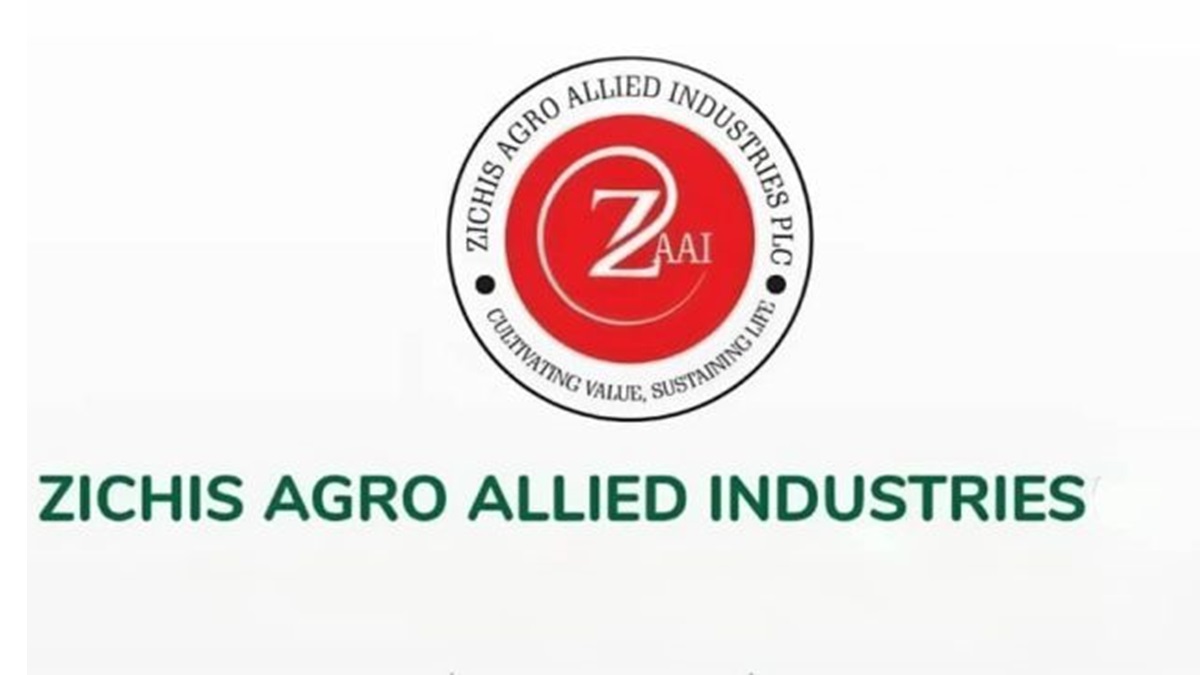
By Dipo Olowookere
It was a windfall for shareholders of Zichis and Japaul on the Nigerian Exchange (NGX) Limited last week as the prices of the two stocks expanded by over 60 per cent each.
Business Post reports that on the part of Zichis, it chalked up 60.74 per cent to trade at N17.36, while Japaul appreciated by 60.16 per cent to N4.02.
Further, Infinity Trust Mortgage Bank expanded by 59.09 per cent to N15.75, Fortis Global Insurance rose by 53.85 per cent to 60 Kobo, and Jaiz Bank surged by 32.53 per cent to N11.00.
However, the losers’ group was led by RT Briscoe after it shed 20.78 per cent to close at N13.80, Mecure depleted by 18.99 per cent to N84.25, Tripple G slipped by 18.80 per cent to N5.40, Sovereign Trust Insurance moderated by 17.14 per cent to N2.32, and Ellah Lakes dropped 14.67 per cent to end at N12.80.
In the week, 71 equities appreciated, lower than 79 equities in the previous week, as 41 stocks depreciated versus 27 stocks in the preceding week, and 36 shares closed flat versus 42 shares of the previous week.
A look at the performance of the bourse showed that the All-Share Index (ASI) and the market capitalisation appreciated week-on-week by 6.95 per cent to 194,989.77 points and N125.164 trillion, respectively.
In the same vein, all other indices finished higher apart from the Growth index, which fell by 15.06 per cent, while the sovereign bond index closed flat.
As for the trading data, 7.662 billion shares worth N252.566 billion were exchanged in 345,118 deals, in contrast to the 4.652 billion shares valued at N193.326 billion traded in 286,751 deals a week earlier.
Financial stocks dominated the activity chart with 5.625 billion units sold for N113.599 billion in 129,729 deals, contributing 73.41 per cent and 44.98 per cent to the total trading volume and value apiece.
Services equities exchanged 493.131 million units worth N5.866 billion in 30,396 deals, and energy shares transacted 425.657 million units valued at N35.742 billion in 23,136 deals.
FCMB Group, Access Holdings, and Zenith Bank accounted for 3.594 billion shares worth N69.147 billion in 33,802 deals, contributing 46.90 per cent and 27.38 per cent to the total trading volume and value, respectively.
Economy
Seven Price Gainers Boost NASD OTC Bourse by 2.19%

By Adedapo Adesanya
Seven price gainers flipped recent declines at the NASD Over-the-Counter (OTC) Securities Exchange, raising the alternative stock market by 2.19 per cent on Friday.
According to data, the market capitalisation added N51.24 billion to end N2.389 trillion compared with the previous day’s N2.338 trillion, while the NASD Unlisted Security Index (NSI) climbed 85.65 points to close at 3,994.32 points, in contrast to the 3,908.67 points it ended a day earlier.
Business Post reports that the advancers were led by MRS Oil Plc, which improved its value by N13.00 to N200.00 per share from N187.00 per share, FrieslandCampina Wamco Nigeria Plc gained N7.40 to settle at N91.55 per unit versus the previous day’s N84.15 per unit, Central Securities Clearing System (CSCS) Plc appreciated by N6.08 to N71.00 per share from N64.92 per share, Afriland Properties Plc added 66 Kobo to finish at N17.17 per unit versus N16.51 per unit, IPWA Plc rose 37 Kobo to N4.15 per share from N3.78 per share, First Trust Mortgage Bank Plc grew by 11 Kobo to N1.20 per unit from N1.09 per unit, and Food Concepts Plc went up by 10obo to N3.70 per share from N3.60 per share.
On the flip side, there were two price losers led by Geo-Fluids Plc, which depreciated by 28 Kobo to N3.32 per unit from N3.60 per unit, and Industrial and General Insurance (IGI) Plc dropped 5 Kobo to sell at 45 Kobo per share from 50 Kobo per share.
Yesterday, the volume of trades went down by 92.0 per cent to 3.7 million units from 45.8 million units, the value of transactions fell by 59.4 per cent to N84.5 million from N208.2 million, while the number of deals went up by 7.7 per cent to 42 deals from 39 deals.
CSCS Plc remained the most traded stock by value (year-to-date) with 32.6 million units exchanged for N1.9 billion, trailed by Geo-Fluids Plc with 119.6 million units valued at N470.3 million, and Resourcery Plc with 1.05 billion units traded at N408.6 million.
Resourcery Plc closed the day as the most traded stock by volume (year-to-date) with 1.05 billion units sold for N408.7 million, followed by Geo-Fluids Plc with 119.6 million units worth N470.3 million, and CSCS Plc with 32.6 million units worth N1.9 billion.
-

 Feature/OPED6 years ago
Feature/OPED6 years agoDavos was Different this year
-
Travel/Tourism10 years ago
Lagos Seals Western Lodge Hotel In Ikorodu
-

 Showbiz3 years ago
Showbiz3 years agoEstranged Lover Releases Videos of Empress Njamah Bathing
-

 Banking8 years ago
Banking8 years agoSort Codes of GTBank Branches in Nigeria
-

 Economy3 years ago
Economy3 years agoSubsidy Removal: CNG at N130 Per Litre Cheaper Than Petrol—IPMAN
-

 Banking3 years ago
Banking3 years agoSort Codes of UBA Branches in Nigeria
-

 Banking3 years ago
Banking3 years agoFirst Bank Announces Planned Downtime
-

 Sports3 years ago
Sports3 years agoHighest Paid Nigerian Footballer – How Much Do Nigerian Footballers Earn







